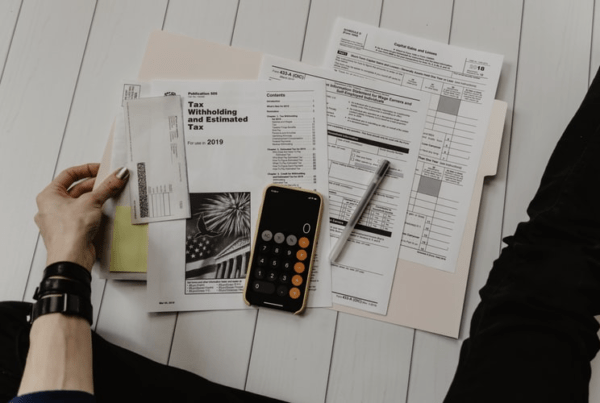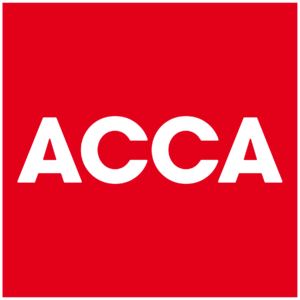Latest Industry News
The 6 consultation documents, which seek views on HMRC’s Making Tax Digital programme to digitalise the tax system, are being unveiled as HMRC also announces that 1.3 million small businesses will be able to benefit from Making Tax Digital without needing to update HMRC quarterly or keep their records digitally.
The benefits of Making Tax Digital include:
- cash-basis accounting so that thousands more will be able to pay tax based simply on the difference between money they have taken in and what they have paid out, meaning tradesmen will pay tax on cash received rather than invoices issued
- prompts and alerts to help businesses get tax right and giving advice on tax reliefs they might be missing out on
- greater certainty over tax bills so businesses don’t have to wait until the end of the year to find out how much they have to pay
The decision to exempt the smallest businesses and landlords from digital record-keeping and quarterly updates follows months of constructive engagement with business and agent groups.
The government is also considering deferring digital record-keeping and quarterly updating for a further group of small businesses and will explore options to assist businesses with the transition. Finally the consultation documents confirm that those who cannot go digital will not be required to.
The Financial Secretary to the Treasury, Jane Ellison MP, said:
We are committed to a transparent and accessible tax system fit for the digital age, and Making Tax Digital is at the heart of these plans. This new system will make the UK’s tax administration more efficient and straightforward, and will offer businesses greater clarity when it comes to paying their tax bills.
By replacing the annual tax return with simple, digital updates, businesses will be able to concentrate on putting people and profit, not paperwork, first.
Mike Cherry, FSB National Chairman, said:
Today’s announcement by the Financial Secretary to the Treasury Jane Ellison MP on quarterly tax reporting proposals is incredibly important. Together with the Chief Secretary David Gauke MP, we have seen real dialogue with the business community. The government has listened to FSB representations on behalf of small businesses up and down the UK.
Removing small firms and the self-employed with modest turnovers altogether from the proposals will now mean that in addition to the 1.6 million small businesses and landlords that were already excluded, as a result of these changes announced, a further 1.3 million small firms and landlords will no longer be in scope. This means that half of the UK’s 5.4 million small businesses will not be affected by quarterly tax reporting. The expansion of cash accounting, a longer lead-in time for implementation and the offer of direct financial assistance will also help.
FSB will be submitting new evidence into the consultations announced today, and look forward to working with the government and contributing to its Making Tax Digital agenda.
Edward Troup, Executive Chair, HMRC, said:
Making Tax Digital represents very significant change. It will bring the tax system into the 21st century and help make HMRC one of the most digitally-advanced tax administrations in the world. Going digital will abolish the annual tax return as we know it by 2020, replacing it with a personalised digital service through which taxpayers will be able to send and receive information to HMRC at the click of a button.
There is still a lot to design and develop, and it’s important that we do this hand-in-hand with our customers and their representatives; these consultations are the next step in this process.
Notes to editors
The documents on Making Tax Digital look at:
-
Making Tax Digital: Bringing Business Tax Into the Digital Age – This consultation considers how digital record keeping and regular updates should operate including exemptions.
-
Business Income Tax: Simplifying Tax for Unincorporated Businesses – This consultation seeks views on: changing how the self-employed map accounting periods onto the tax year (basis period reform); extending cash basis accounting; reducing reporting requirements; and reducing the need to distinguish between capital and revenue for businesses using cash basis accounting.
-
Business Income Tax: Simplified Cash Basis for Unincorporated Property Businesses – This consultation considers the extension of cash basis accounting to landlords.
-
Making Tax Digital: Voluntary Pay As You Go – This consultation: looks at options for business customers covered by the requirement for digital record-keeping to make and manage their voluntary payments; considers how voluntary payments will be allocated across a customer’s different taxes; and explores the best way of dealing with the repayment of voluntary payments. It also broaches the opportunity regular updating provides to make earlier repayments of withheld taxes.
-
Making Tax Digital: Tax Administration – The consultation covers aspects of the tax administration framework that need to change to support Making Tax Digital. It also sets out proposals to align aspects of the tax administration framework across taxes, including the simplification of late filing and late payment sanctions.
-
Making Tax Digital: Transforming the tax system through the better use of information – This consultation focuses on how HMRC will make better use of the information we currently receive from third parties to provide a more transparent service for customers that reduces end of year underpayments and overpayments. It also explores our future ambition for the use of third party information from 2018 onwards, which will enable us to deliver the end of the tax return by 2020.
At Budget 2015 the government committed to transforming the tax system through digital technology and abolish the need for an annual tax return by the end of this Parliament.
In December 2015, HMRC published the Making Tax Digital roadmap which set out how this transformation will be achieved.
For tailored advice on how to best manage your personal and business finances, get in touch with us today and find out about how CBHC can help you do more with your money.








